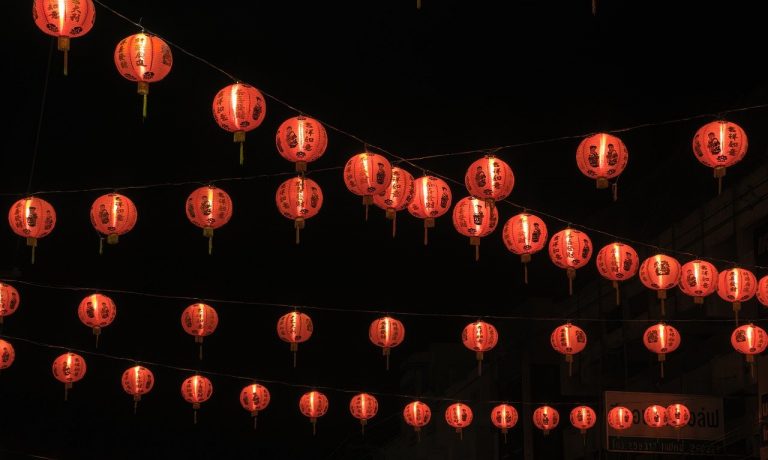Swift local lockdowns, mass testing, and people being confined to residential until there are no locally transmitted remain key to China’s pandemic response.

Last year, in Lunar New Year, people had already brought Covid to their families. Things in China were different from one year ago. Even hospitals in Wuhan overwhelmed and doctor Li Wenliang tried to warn the world about the virus had passed away.
China’s New Lunar Year at the time of Covid
Don’t want to repeat the same mistake, China’s central government had advised people to stay for the holiday. The government hasn’t banned travel but people should follow official guidance.
Billions of trips usually in China for the lunar new year. Train tickets sell out weeks in advance then stations are full of people in the days running up to the holiday. This year, it doesn’t happen. While the central government isn’t forcing people to stay at home, some bosses are. Any controls are happening at a local level, instead.
A law professor at a university in Shijiazhuang, the provincial capital of Hebei, Zhang said that his workplace had prevented him and other teachers from travel. A cluster of Covid-19 cases appeared there last month. While the city has reported no locally spread cases over the last few days, his university administration is still on warning.
In April last year, Zhang’s workplace requested teachers hand in their passports so they couldn’t go abroad. Zhang told them he’d lost him to avoid giving it over. Eight months on, his danwei had each of its employees self-report their travel itineraries in its WeChat groups. They revealed, one by one, whether they went to recent virus hotspots. These messages were collected into reports that were sent to the university’s Prevention and Control department.
Feng Ouxing, a state-owned enterprise researcher, is back in her home province of Fujian. To leave Beijing she had to fill in a form declaring a reason for why she was leaving, where she was going, and what transport she would take. Her work unit didn’t mind about her to Fujian. That is not the case for everyone – civil servants in other areas of China are expected to set an example. Most are required to stay where they work unless there are “special circumstances.”
She also notes that the app released by the State Council tracks GPS locations shared by telecom companies and can show which jurisdictions you’ve been to within the last 14 days. She’s admitted that she would be more worried about sudden policy changes made by local governments than getting infected. Feng remembers how last year when she returned to Beijing, she had to quarantine for two weeks. It was already April, far later than she’d expected to be able to return.
Sudden changes in Covid-19 related policies have been part of China’s overall response. If there are new cases in a city, the local government’s response follows a set guide. There is a swift lockdown, mass testing, and everyone waits within their residential compounds until there are no locally transmitted cases.
It may be effective for reducing the virus, but there is also has a huge influence on people’s lives. They are often stuck, in cities where they don’t work, for months on end without pays. And once they do return, that can mean facing another quarantine.
READ MORE:




